WEB APPLICATION DESIGN & DEVELOPMENT
Innovative & Dynamic Web Development Services with team of experts in Web Designing & Application Developers

ABOUT ARIZTID & TEAM
Ariztid Technologies Private Ltd., starts the journey with dream of Innovative Products, Powerful Solutions and Interactive Services through Advanced Technologies. Ariztid is a niche technology consulting services provider which offers end to end services in the PLM and Enterprise, Web, Mobile Applications.
Ariztid offers range from Custom Application Development, Technology Consulting, Packaged Applications, Technology Support, Need based Staffing and Corporate Training.
Ariztid is committed to bring the best software experience to consumers around the world through its innovative and creative software developments and solutions. We help our clients overcome business challenges through our effective consulting approach, flexible engagement models and out of the box solutions.
Ariztid involves not only in just a product development or software services, but in our each engagement, Ariztid provides better software experience to customers in terms of performance, reliability and capability through its research by experts.
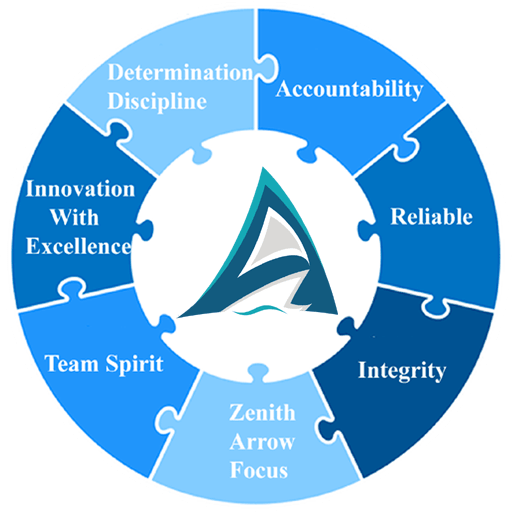

Industrial, Hi-Tech, Agricultural and Educational domains. The Ariztid experts are having hands on experience in these domains and focusing the technology development to make a real benefit to its customers in terms of efficiency, productivity and cost effective.

Ariztid concentrates more on the quality of Products and Services with nominal price valuations through the Research. Our approaches benefit our customers to reduce expenses and improve profits through better productivity, faster and open standards in the organization.

Ariztid handles customers issues/ requirements through dedicated Resources, following Industrial standard SLAs in fixing issues/ developing solutions and responding customers, and maintaining dedicated email service and voice call service for handling customer issues.
ARIZTID AXIOM
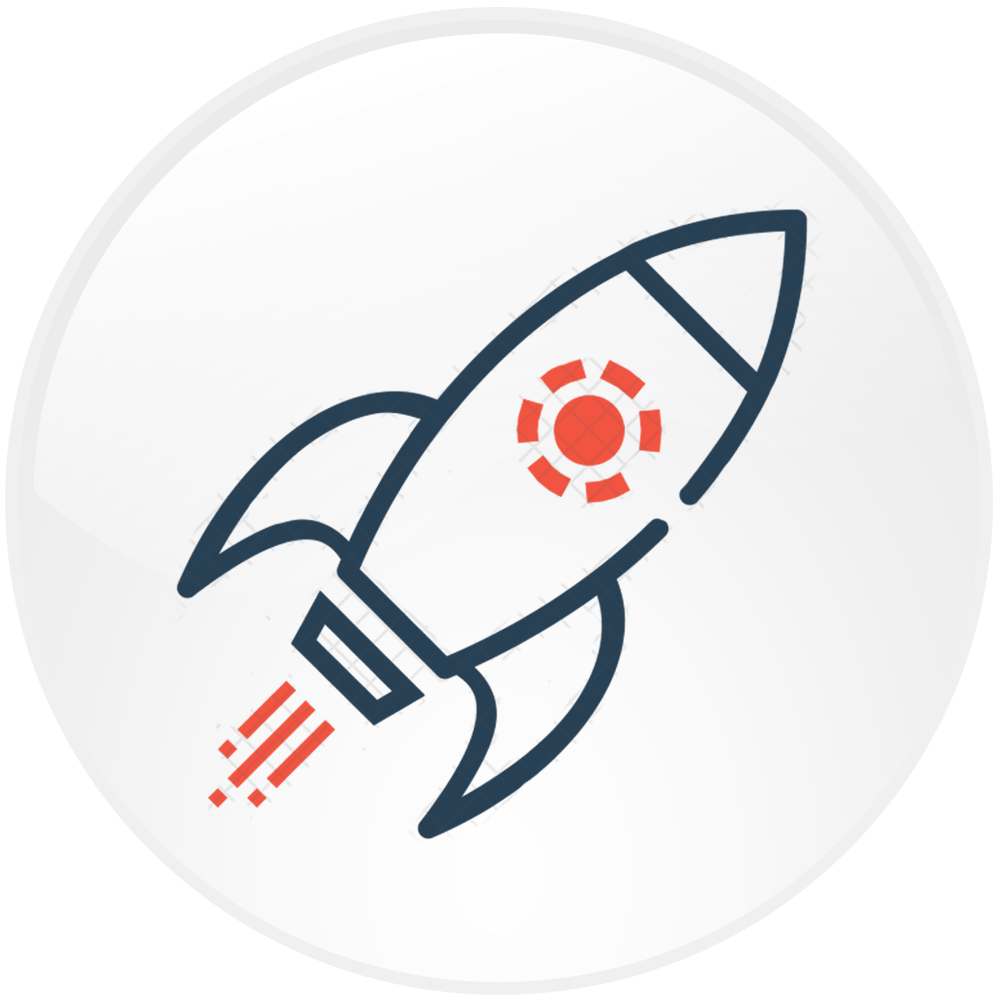
Providing complete IT innovative solutions to make our customers and industry successful through determination, creativity & passion and ensuring our products of outstanding quality, value for money, productivity and instill pride of ownership by innovative and sustainable technical solutions.
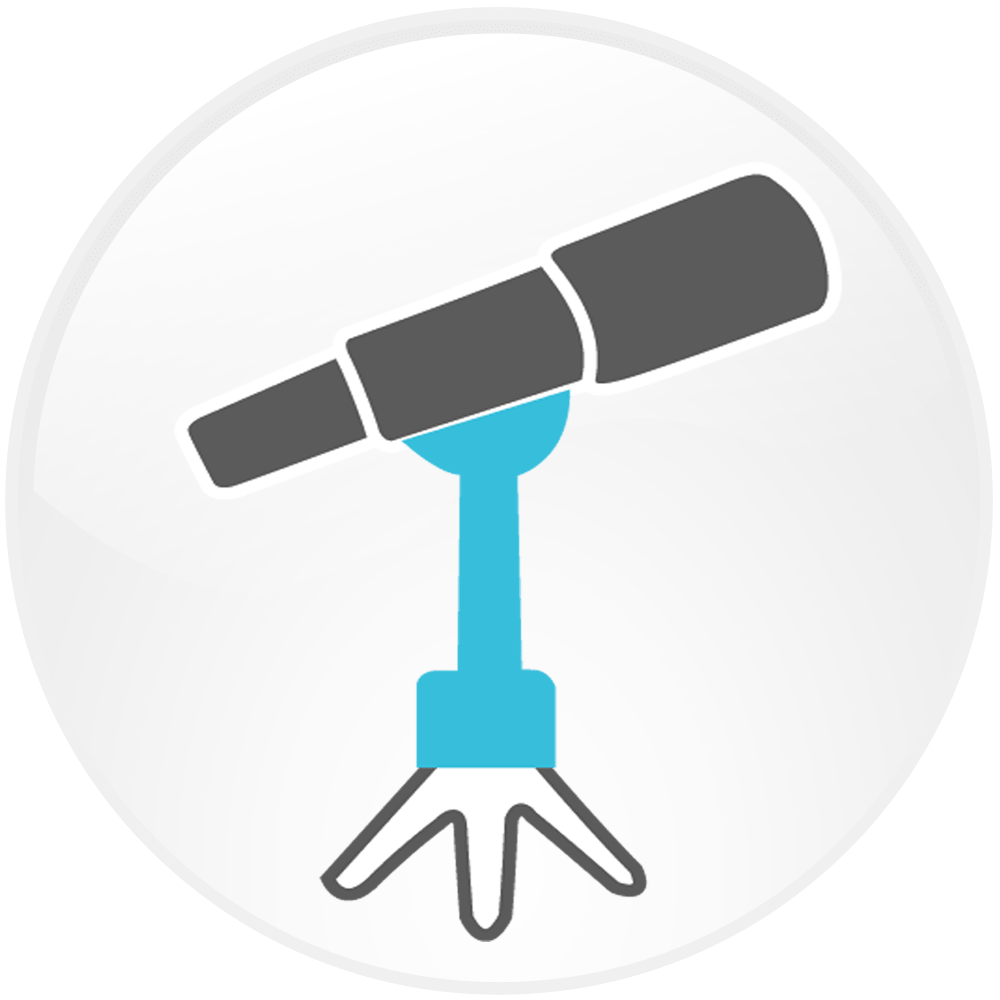
To become an exclusive IT service provider, aimed for operational excellence by continuously creating more innovative opportunities for growth in our strategic business and focusing to exceed customer expectations by understanding their business needs & be total rewarded with a smile & social responsibility.
PRODUCT LIFECYCLE MANAGEMENT
Ariztid provides end to end services in PLM services in Enovia V6 solutions by optimizing the entire implementation using PLM strategy.
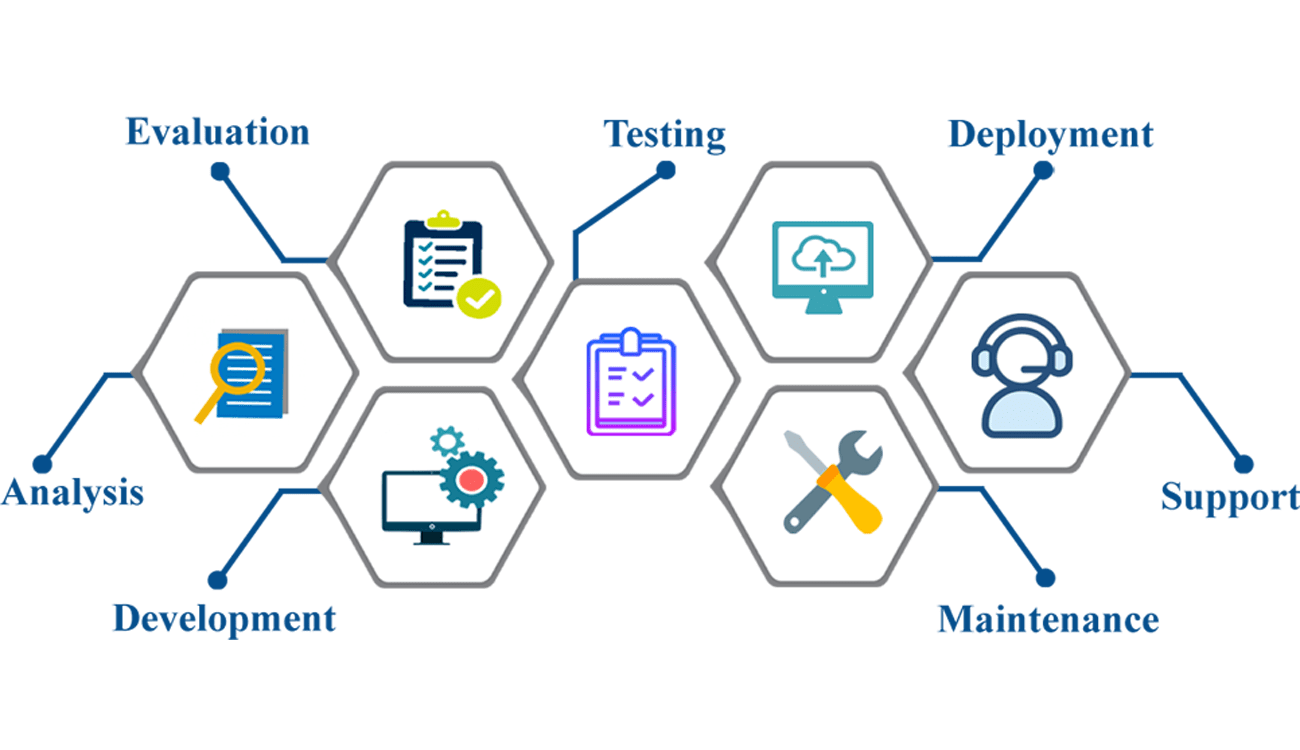
CLINICAL TRIAL DATA MANAGEMENT
Clinical trial data management involves the collection, storage, processing, and analysis of data generated during the conduct of clinical trials. It ensures that data collected from participants are accurate, complete, and reliable, adhering to regulatory standards and good clinical practice (GCP) guidelines. Here are some key aspects of clinical trial data management
.png)
CLINICAL RESEARCH
>>
Clinical research services encompass a diverse array of activities and support functions
aimed at facilitating and conducting clinical trials and research studies within the
healthcare industry. These services are provided by specialized organizations, including
Contract Research Organizations (CROs), academic research institutions, and clinical trial
sites, and are essential for advancing medical knowledge, improving patient care, and
developing new treatments and therapies.
>> At the heart of clinical
research services lies the meticulous planning and execution of clinical trials, which are
systematic investigations designed to evaluate the safety, efficacy, and effectiveness of
medical interventions in human subjects. Clinical trials play a pivotal role in translating
scientific discoveries into clinical practice, guiding healthcare decision-making, and
shaping public health policies. However, conducting clinical trials is a complex and highly
regulated process that requires expertise across multiple domains, including study design,
regulatory compliance, patient recruitment, data management, and quality assurance.
>> Data management and
biostatistics are fundamental aspects of clinical research services.
Clinical trials generate vast amounts of data, including patient demographics, medical
history, treatment outcomes, laboratory results, and adverse events. Clinical research
services providers implement robust data management systems and processes to collect, enter,
validate, clean, and analyze study data. Biostatistical analysis plays a crucial role in
interpreting study results, identifying trends, and drawing meaningful conclusions from the
data. Biostatisticians apply statistical methods and techniques to analyze study data,
assess treatment effects, and evaluate safety and efficacy endpoints, providing valuable
insights into the effectiveness of medical interventions.
his involves designing robust study protocols that outline the research objectives, study population, intervention, endpoints, and statistical analysis plan. A well-designed protocol lays the foundation for a successful clinical trial by ensuring scientific validity, participant safety, and regulatory compliance.
Clinical research services ensure adherence to regulatory requirements and ethical standards to protect the rights, safety, and welfare of research participants. This involves obtaining approvals from regulatory agencies (e.g., FDA, EMA) and ethics committees (e.g., IRBs) and complying with Good Clinical Practice (GCP) guidelines.
Clinical research services encompass site selection, initiation, and ongoing management, including monitoring visits to oversee study conduct, assess compliance with the protocol, and verify data accuracy and integrity. Effective site management is essential for maintaining protocol adherence and ensuring patient safety.
Services include developing recruitment strategies, advertising campaigns, and patient engagement initiatives to effectively recruit and retain study participants. Patient recruitment is crucial for achieving enrollment targets, maintaining study timelines, and generating high-quality data.
Clinical research services involve collecting, managing, and analyzing study data to derive meaningful insights. This includes implementing data management systems, ensuring data accuracy and integrity, and performing biostatistical analyses to interpret study results and assess treatment effects.
Services encompass safety monitoring and pharmacovigilance activities to detect, assess, and report adverse events or side effects associated with the study intervention. Prompt reporting of safety concerns is essential for ensuring participant safety and regulatory compliance.
Clinical research services implement quality assurance measures and auditing processes to ensure adherence to GCP guidelines, protocol compliance, and data integrity. This includes conducting site audits, document reviews, and process evaluations to identify and mitigate risks or deficiencies.
Services involve managing investigational products (IPs) and clinical trial supplies to support study conduct. This includes procurement, labeling, packaging, distribution, and accountability of study medications, devices, and ancillary supplies, ensuring compliance with regulatory requirements.
Clinical research services assist with study close-out activities, including site close-out visits, data lock, and preparation of final study reports. Dissemination of study findings through peer-reviewed publications, conferences, and presentations contributes to advancing medical knowledge and informing clinical practice.
Data Management & Statistics
>>
Data management involves the systematic collection,
storage, organization, and documentation of clinical trial data throughout the study lifecycle.
It begins with the development of a data management plan, outlining procedures for data
collection, entry, verification, and cleaning. Data management teams are responsible for
designing case report forms (CRFs), electronic data capture (EDC) systems, and data management
systems to capture study data accurately and efficiently. They oversee data entry processes,
perform quality checks to identify discrepancies or errors, and resolve data queries in
collaboration with study sites. Data management also encompasses data coding, standardization,
and anonymization to ensure compliance with privacy regulations and protection of participant
confidentiality. Throughout the study, data management teams maintain data integrity,
traceability, and audit trails, ensuring that data are captured and managed according to Good
Clinical Data Management Practices (GCDMP) and regulatory requirements.
>> Statistics plays a crucial role in
analyzing and interpreting clinical trial data to derive
meaningful insights into treatment effects, safety profiles, and efficacy endpoints. Statistical
analysis begins with the development of a statistical analysis plan (SAP), outlining the
hypotheses to be tested, statistical methods to be used, and procedures for handling missing
data, subgroup analyses, and sensitivity analyses. Statisticians apply a variety of statistical
techniques, including descriptive statistics, inferential statistics, regression analysis,
survival analysis, and longitudinal data analysis, depending on the study design and research
questions. They assess treatment effects using appropriate hypothesis tests, such as t-tests,
chi-square tests, or analysis of variance (ANOVA), and estimate treatment effects with
confidence intervals. Statisticians also conduct sample size calculations to determine the
optimal sample size needed to detect clinically meaningful differences between treatment groups
with adequate statistical power. Throughout the analysis, statisticians ensure the validity and
reliability of study findings by addressing potential biases, confounding factors, and sources
of variability in the data. They communicate study results through statistical reports, tables,
graphs, and scientific publications, translating complex statistical analyses into actionable
insights for clinicians, researchers, regulators, and other stakeholders.
>> Data management in clinical research
services involves the systematic collection, storage, organization, and documentation of data
generated during clinical trials and research studies. It encompasses various processes and
activities to ensure the accuracy, reliability, and integrity of the data throughout the study
lifecycle.
At the outset, data management teams collaborate with investigators or sponsors to develop a
comprehensive data management plan that outlines the procedures and standards for data
collection, entry, verification, and cleaning. This plan includes specifications for case report
forms (CRFs), electronic data capture (EDC) systems, and data management systems to facilitate
efficient data collection and storage.
During the data collection phase, data management teams oversee the implementation of data
capture methods, ensuring that study data are accurately recorded and entered into the
designated data collection tools or systems. They conduct training sessions for study personnel
to ensure adherence to data collection protocols and standard operating procedures (SOPs).
>> Statistics in clinical research
services is fundamental for deriving meaningful insights from data collected during clinical
trials and research studies. It involves the application of statistical methods and techniques
to analyze, interpret, and draw conclusions from study data, enabling researchers to make
evidence-based decisions and advance medical knowledge.
One key aspect of statistics in clinical research is study design. Statisticians collaborate
with researchers to develop robust study designs and statistical analysis plans (SAPs) that
outline the methodologies and techniques to be used throughout the study. They determine sample
size requirements, randomization procedures, and data collection methods to ensure the study's
validity, reliability, and statistical power.
Data analysis is another critical component of statistics in clinical research. Statisticians
employ various statistical techniques to examine the relationship between variables, test
hypotheses, and assess treatment effects. They use descriptive statistics to summarize and
visualize data distributions, inferential statistics to make inferences about populations based
on sample data, and regression analysis to explore relationships between independent and
dependent variables.
Hypothesis testing is a key statistical method used to determine whether observed differences or
associations in the data are statistically significant. Statisticians conduct hypothesis tests
using parametric or non-parametric tests, depending on the data distribution and study design.
Confidence intervals are calculated to estimate the range of values within which the true
population parameter is likely to fall with a certain level of confidence, providing information
about the precision and reliability of estimates derived from sample data.
SAS MANAGEMENT
>>
SAS development refers to the process of creating,
customizing, and implementing solutions using the SAS (Statistical Analysis System) software
suite. SAS is a powerful tool widely used in various industries for data analysis, business
intelligence, and statistical modeling. SAS development encompasses a broad range of activities,
from programming and data management to statistical analysis and business intelligence.
>> Ariztid's SAS management services
encompass a comprehensive suite of solutions designed to
optimize the utilization and performance of SAS software and resources within organizations,
facilitating data analysis, reporting, and decision-making processes. As a leading provider of
analytics and technology solutions, Ariztid understands the critical importance of effectively
managing SAS environments to unlock the full potential of data assets and drive business
success.
EMBEDDED SYSTEMS
>>
Embedded systems are specialized computing systems designed to perform specific tasks or
functions within larger systems. They are integral components of countless devices and equipment
in our daily lives, powering everything from consumer electronics and automotive systems to
industrial machinery and medical devices. Embedded systems are characterized by their dedicated
functionality, real-time operation, resource constraints, hardware integration, and low power
consumption.One of the defining features of embedded systems is their dedicated functionality.
Unlike general-purpose computers, which can run a wide range of applications, embedded systems
are tailored to perform specific tasks or functions within a larger system. For example, a
microcontroller embedded in a washing machine controls the various cycles and operations of the
appliance, ensuring that it washes clothes effectively while minimizing water and energy usage.
>> Real-time operation is another
critical aspect of embedded systems. Many embedded systems require real-time processing, meaning
they must respond to inputs or events within strict timing constraints. This is essential in
applications such as automotive safety systems, where milliseconds can make the difference
between a near miss and a collision. Real-time operation ensures that embedded systems can react
promptly to changing conditions and deliver timely responses.
Embedded systems often operate under resource constraints, including limited processing power,
memory, energy, and space. Designing within these constraints requires careful consideration of
hardware and software optimization techniques to achieve desired performance levels. Engineers
must balance functionality with resource utilization to ensure that embedded systems meet their
performance requirements without exceeding their limitations.
INTERNET OF THINGS (IOT)
>>
The Internet of Things (IoT) to the network of interconnected devices, sensors,
actuators, and other objects embedded with electronics, software, and connectivity capabilities,
enabling them to collect, exchange, and act on data. IoT has emerged as a transformative
technology with the potential to revolutionize industries, improve efficiency, enhance
productivity, and enrich our daily lives.At its core, IoT relies on the concept of connectivity,
allowing everyday objects to communicate with each other, exchange data, and make autonomous
decisions based on predefined rules or algorithms. This connectivity can be achieved through
various communication technologies, including Wi-Fi, Bluetooth, Zigbee, cellular networks, and
low-power wide-area networks (LPWANs), depending on the specific requirements of the
application.
>> One of the key drivers of IoT
adoption is the proliferation of connected devices and sensors embedded in our environment.
These devices can range from smart thermostats, wearables, and home appliances to industrial
machines, vehicles, and infrastructure components. By equipping these objects with sensors and
connectivity capabilities, IoT enables them to gather real-time data about their surroundings,
monitor their status, and interact with other devices or systems.IoT generates vast amounts of
data from connected devices, often referred to as "big data." This data encompasses various
types, including sensor readings, telemetry data, environmental data, and user-generated data.
Analyzing and extracting insights from this data can provide valuable information for
decision-making, process optimization, predictive maintenance, and business intelligence.
>> However, along with its numerous
benefits, IoT also poses significant challenges and concerns, particularly around security,
privacy, interoperability, and scalability. With billions of connected devices transmitting
sensitive data over networks, ensuring the security and privacy of IoT systems becomes
paramount. Additionally, interoperability standards and protocols are needed to enable seamless
communication and integration between different IoT devices and platforms.
Despite these challenges, the potential of IoT to transform industries, enhance quality of life,
and drive economic growth is undeniable. As IoT technologies continue to evolve and mature,
organizations and individuals alike stand to benefit from the endless possibilities that the
Internet of Things offers. From smart homes and connected cars to industrial automation and
smart cities, IoT is reshaping the way we live, work, and interact with the world around us.
ENTERPRISE APPLICATION DEVELOPMENT
Ariztid builds and offers end to end customized and strategy-driven Enterprise J2EE applications in cloud environment to integrate core processes to meet business objectives. We offer the services in cloud and non cloud environment depends on the business context and need.
Ariztid’s concept of constructing the architecture is to create a development environment that can be used to build J2EE applications faster and with better performance, quality and reusability.
Ariztid provides multitier application support by J2EE platform for developing and implementing enterprise wide applications.
DEVELOPMENT PROCESS

1
(consulting & Design)Business Requirements Analysis – implementation roadmap for solution consulting
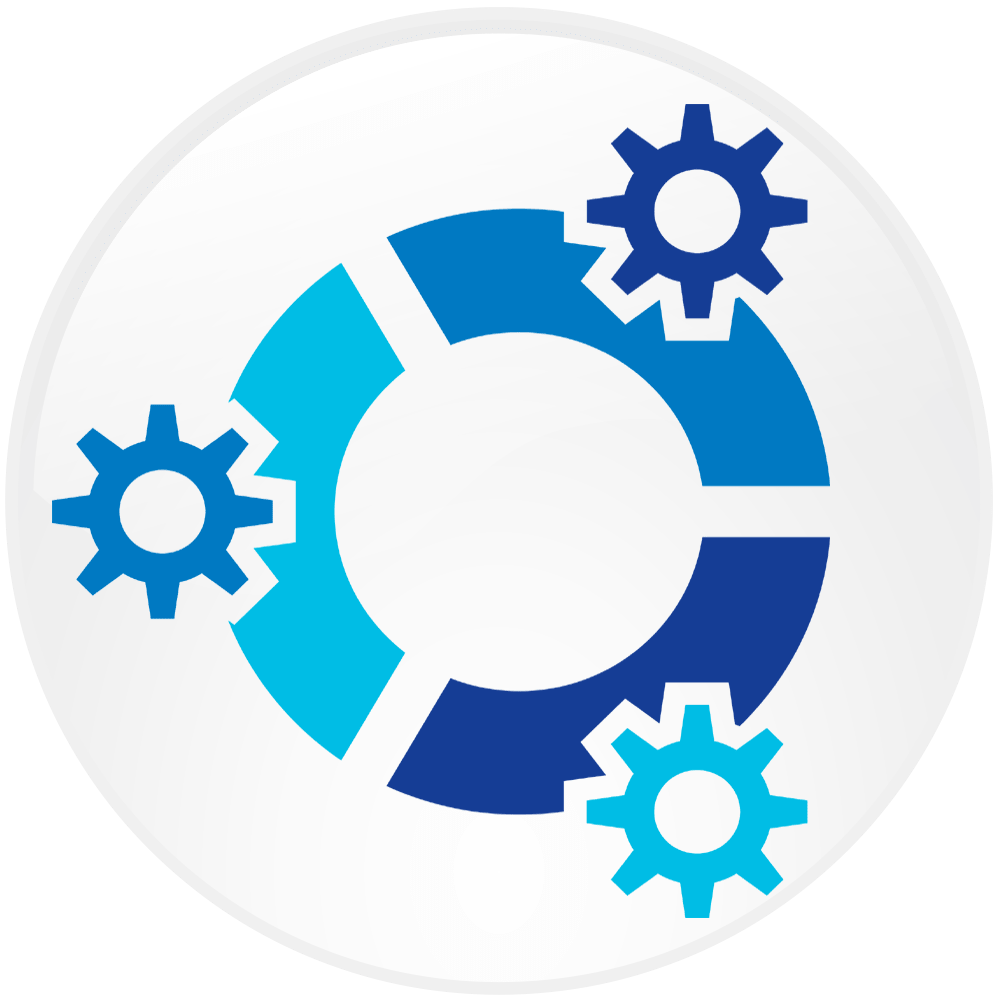
2
Entire product lifecycle implementation –complete customization – integration with licensed third party products/tools
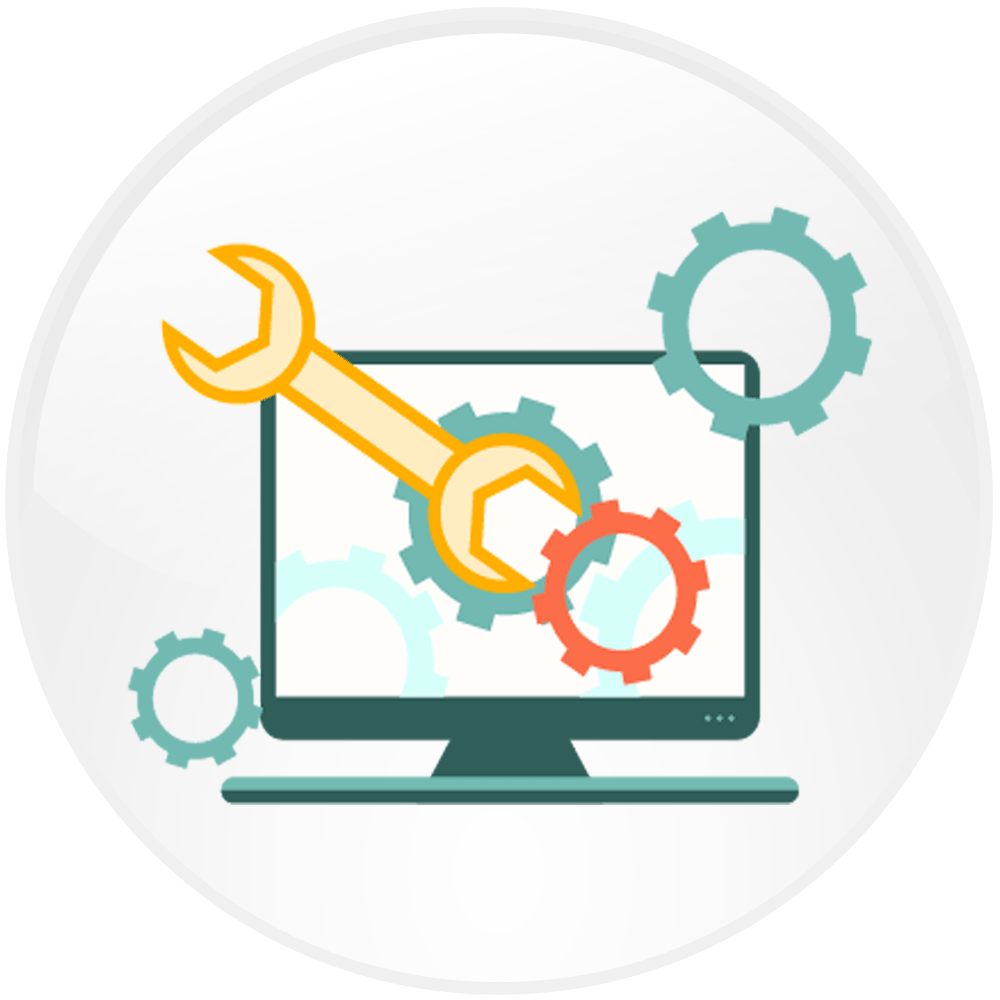
3
ERP upgradation – Migration – re implementation

4
Dedicated and shared support services with quality maintenance
SERVICES WE ARE FOCUSING





WEB APPLICATION DESIGN & DEVELOPMENT

Ariztid focuses to achieve our web development objectives define in most efficient and user friendly process. We provide high scalable end to end web application development services and Web design services that make it stand out as one of the best software solution providers with design & development team expertise in diverse platforms.
We offer a complete solution suite spanning the full life cycle of software development, from business requirement analysis till product implementation, support and maintenance. We believe that a solution can be developed in various technologies, but the selection of the right technology is needed.
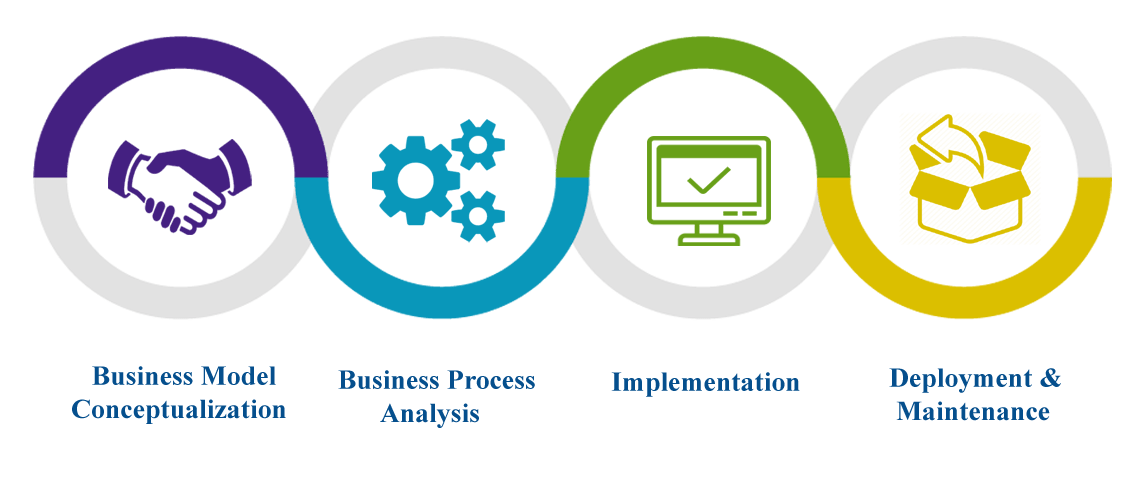
WEB DESIGN
Ariztid the team create successful responsive web design services with powerful performance and results are our benchmarks. We are creating responsive web layouts that are compatible with any form of devices using HTML5,CSS3 ,PHP and Javascript.
We collect the creative design ideas, implement those ideas and design principles and follow the design process and present the design through the web pages to deliver to clients and offers the benefits of information Technology by proffering the most recent advancement and build worldwide convenience easier, reasonably priced and faster by our excellence work during internet and web services.
SERVICES WE FOCUS
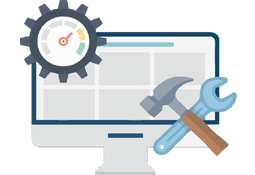
Innovative and responsive websites according to the customer business needs in the most creative way

Our professionals have the capability of featuring websites over desktop, smart phones and tablets alike with responsive web design services

Offering customized CMS solutions to help you manage the site easily

Searching Engine friendly e-com sites for more traffic and more sales
WEB APPLICATION DEVELOPMENT
Ariztid designs and develops the dynamic data driven J2EE applications in AJAX and Hibernate environment. We have expert team of J2EE, AJAX, Hibernate, PHP and application testers who specialize in web application development, web site development and programming and integrating web applications with databases like MS-SQL Server, Oracle, MySQL.
Our technical and domain excellence helps clients achieve flexibility, scalability, quality and a reduced time-to-market.We follow the specific development processes in building a highly functional web application.
We are tailoring high performance, custom and responsive web application development service that build to engage user with better experience and conversion optimization.
MOBILE APPLICATION DEVELOPMENT
Ariztid designs and develops user friendly and performance based mobile applications across the platforms as Android & IOS for future business.
We analyze the requirements and situations, understand the domain knowledge and implement strategic solutions using mobile applications at the core to provide quality products and solutions.

Reasons for Mobile Applications Importance





Mobile Applications strengthen a better collaboration and make a well organized work flow. The mobile application development promotes better platform for the business marketing and provides easy interaction and communication channel in multiple forms. Thereby business can grow its infrastructure by providing the better service to the customers, the ability of mobile application have increased with the new technologies. Mobile application development boosts the business activities by responsive design, good function, usability, security thro finger friendly navigation.
Android App Development
Android OS is open source platform has created a revolution in the mobile phone industry because of its high performance and its broad user base and is popular for its scalability, faster time-to-market and lower cost of development.
Our expertise team has the best Java developers who build scalable and robust applications with clean code. We have delivered numerous apps that look elegant on every Android screen resolution, feature rich, and UX designed for latest devices as well as compatible with older OS versions.
IOS App Development
iOS App Development provides better usability and style of apple devices is undoubtedly far superior to the competition. We know how to best leverage the fluid interface and advanced capabilities of Apple devices.
We designs and develops smart iPhone and iPad apps with a focus on user experience customized for specific business needs and target audience, functional pixel-perfect design and codebase performance.
SOFTWARE TESTING
Ariztid ensures the quality of its responsive web design services through meticulous testing processes aimed at delivering powerful performance and reliable results. Our comprehensive testing approach encompasses both frontend and backend testing strategies to validate the compatibility, functionality, and performance of responsive web layouts across various devices and platforms.

Manual testing is a fundamental approach to evaluating software applications, websites, or systems by human testers. It involves testers executing test cases manually. During manual testing, testers interact with the software as end-users would, navigating through interfaces, inputting data, and verifying outputs. This hands-on approach allows testers to identify user experience issues, usability flaws, and unexpected behavior that may also be noticed in manual tests.
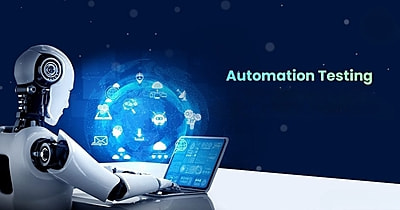
Automation testing is a method of testing software applications, websites, or systems using automated tools and scripts. Instead of manually executing test cases, automated tests are programmed to perform specific actions, validate expected outcomes, and compare actual results with predefined criteria At Ariztid, we leverage industry-leading automation testing tools such as Selenium WebDriver, Postman, and Appium to ensure the quality and reliability of our software solutions across various platforms and devices
DESIGN

Ariztid provides CATIA powerful tools that goes beyond traditional 3D CAD for faster innovation across the extended enterprise . It’s empowers organisations to innovative across the entire product development process from simulation to collaboration and Manufacturing.

Ariztid provides Computer Aided Design (CAD) is the process of digitally creating design simulations of real -world goods and products in 2D or 3D complete with scale , precision and physics properties to optimize and perfect the design often in a collaborative manner- before manufacturing.
AREAS WE INVOLVE
SOLUTION

Nowadays the educational system is rapidly redefining its way from more advanced technological solutions. Mobile apps for education are enhancing the path the schools can interact with students and their parents and vice versa. These apps keep the parents informed of their children’ academic growth progress directly and without allowing the inclination of the students which is a great relief to the parents as many have claimed.
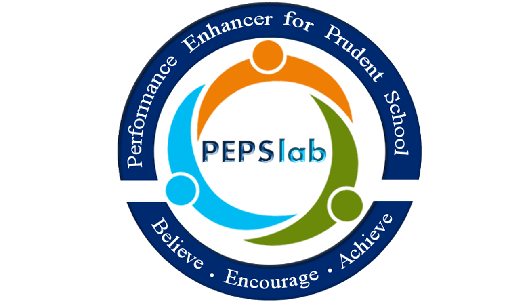
We have designed and developed an integrated solution for complete computerization for schools and students academic growth and enhancement of their performance, build on the most futuristic development environment.
Our School Mobile App PEPSlab is the powerful online ingenious facilitator to collaborate the Parents, Teachers and Prudent School on one common interactive & convenient platform for enhancing on student’s academic growth progress gradually.
AGRICULTURE

Balanced Management for Cultivation and Harvesting
We are providing the agricultural application services to enhance the agricultural productivity and food security through Agriculture product management, knowledge and information sharing about farming process & educating the farmer effectively. The large scale of the opportunity, and its potential impact for poverty reduction and quality of life in Agriculture, makes agriculture a high priority sector for the application of disruptive technologies.
Our digital technology based services act as arch-over between agricultural industries and farmers to promote the faster adoption of technology to farmers, develop expert systems using local knowledge, train farm extension workers, advisory services and customize farming practices for Agricultural zones.
We are dealing with application services through agricultural industries for product guidance, crop production, soil & foliar management (INM tables) for farmers benefits.